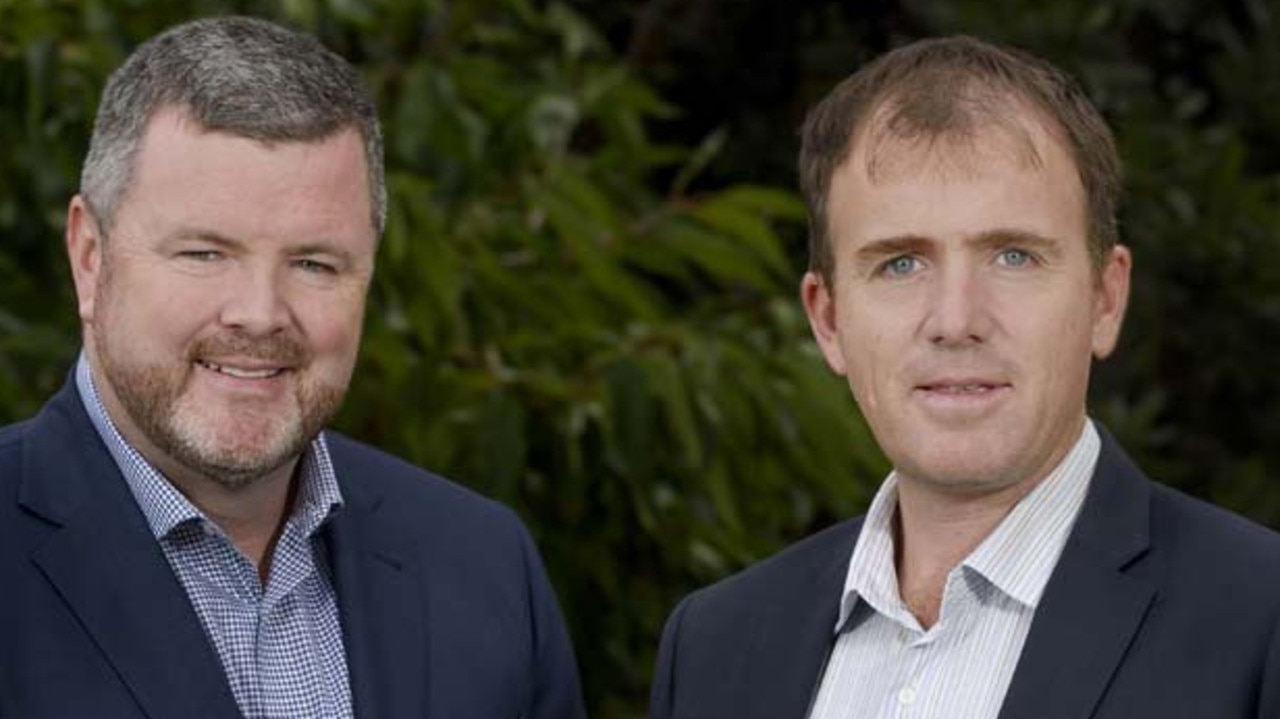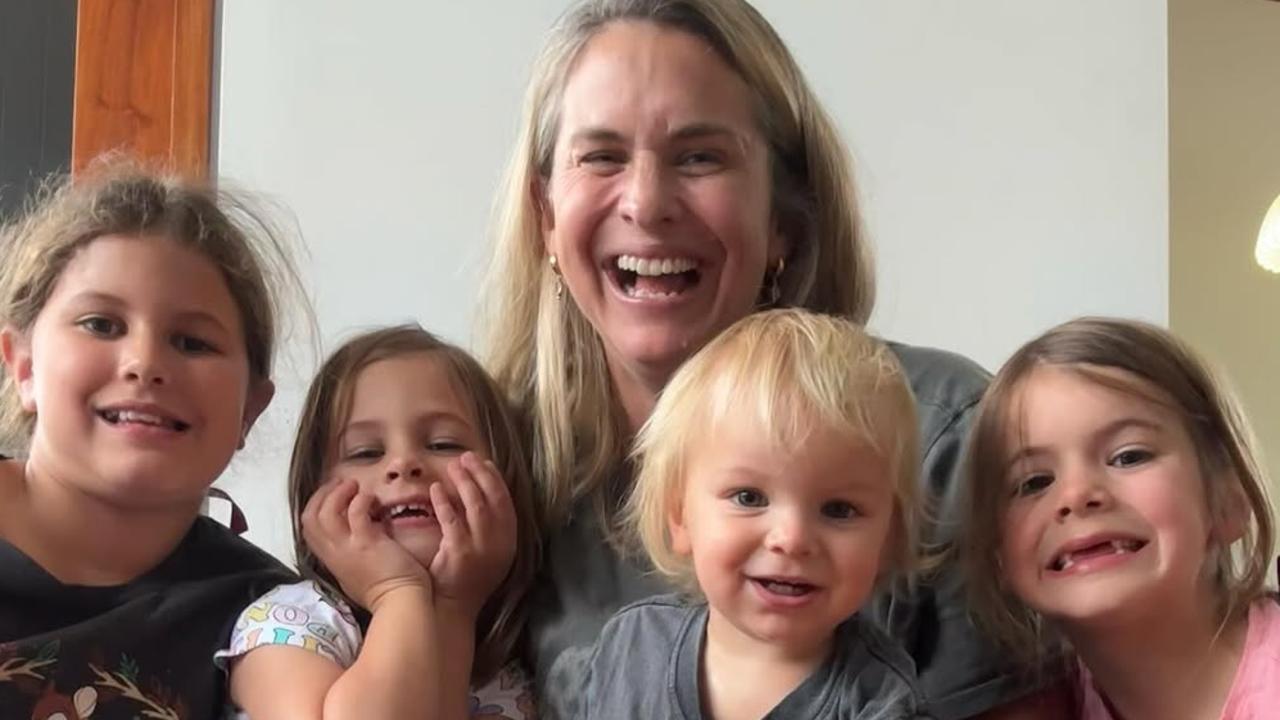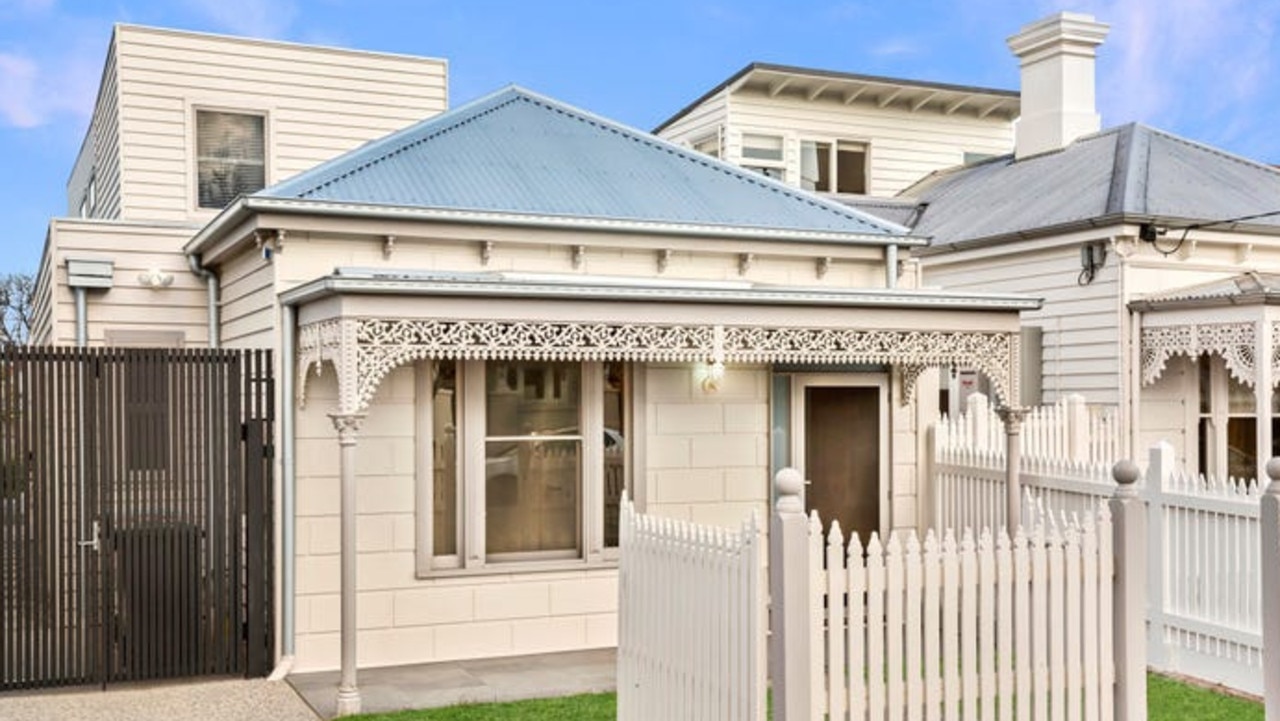Prefabricated housing: Nation’s biggest bank, CBA, to back factory-made houses
One of Australia’s big banks has thrown its hat in the ring to help build homes in factories and ship them onto building sites in a bid to fix Australia’s housing shortage.
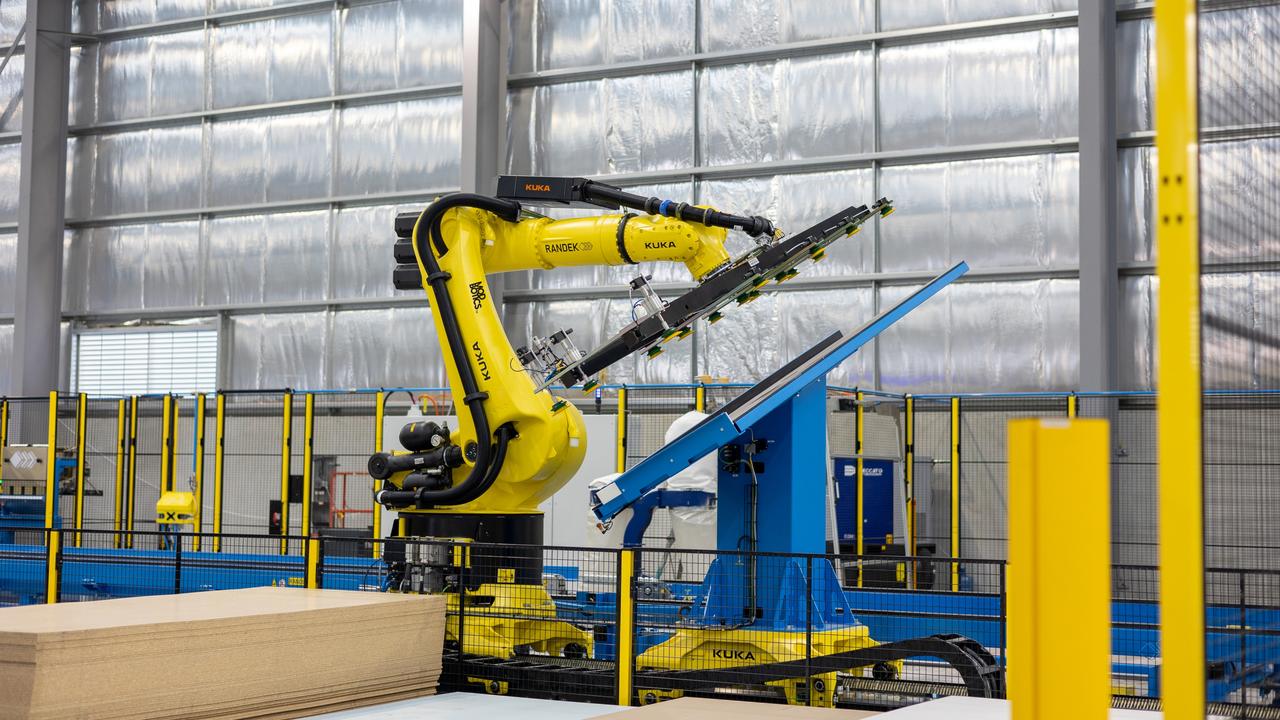
Factory-made housing has been given a boost after Australia’s biggest bank announced they will begin lending for prefabricated housing construction.
While typically cheaper and faster than building a home on site, prefabricated construction has had limited support from most lenders as most of the payment milestones during construction are reached before anything is physically delivered to the homeowners property.
However, the CBA announced this week they would become the first bank member of prefabAUS and will be financing the development of standardised building contracts to support homebuyers who want to build a home via prefabricated construction methods.
RELATED: Homebuilding giant’s $10m buyout to affect 1000s of Aussies
Australia home building targets: Why the nation is not close to 1.2 million homes goal
David Jones Bourke St: iconic Melbourne store sell for more than $223m

The move follows a roundtable hosted by federal treasurer Jim Chalmers in November 2024, calling for greater support for more modern construction methods in a bid to reduce costs and speed up housing construction around Australia.
The Albanese government has made building 1.2 million homes nationwide by the end of 2029 a key facet of its bid to improve housing affordability under the National Housing Accord.
Housing Industry Association forecasts show Australia is currently on track to fall about 300,000 homes short of that target, with industry groups now saying technological and planning changes are required to reach the goal.
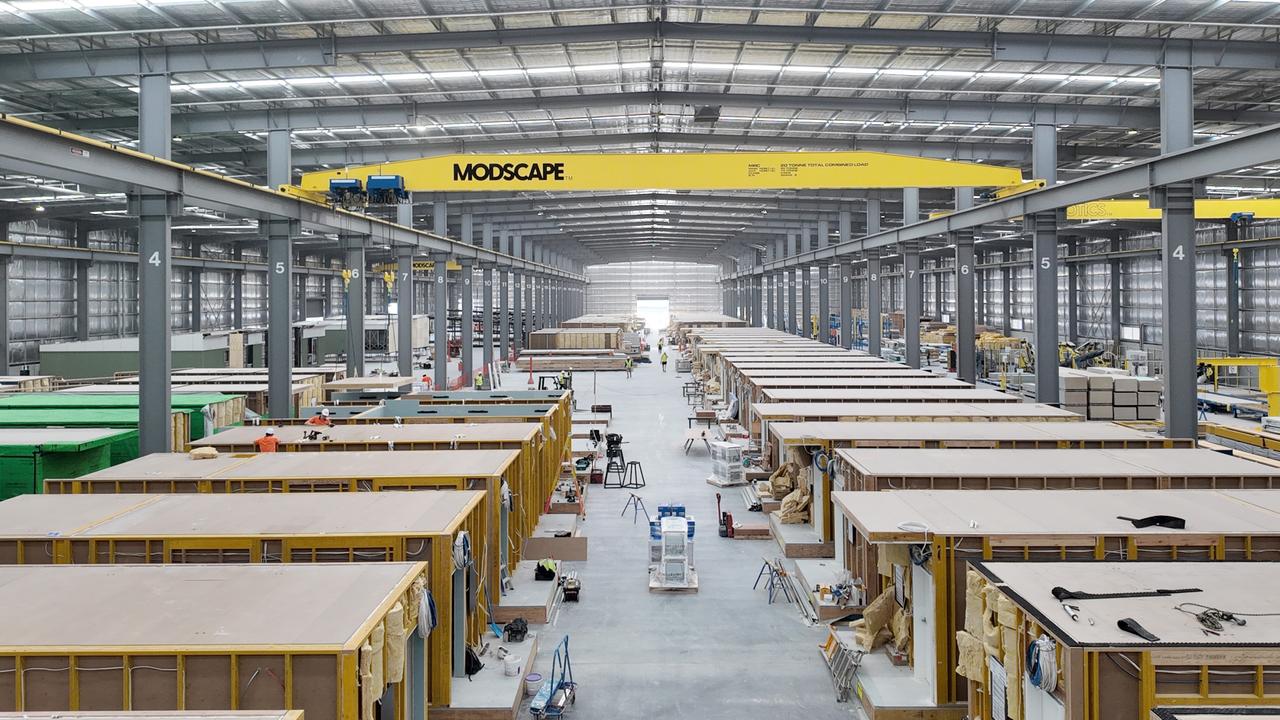
CBA business bank group executive Mike Vacy-Lyle said they believed prefabricated construction had an important role in fixing Australia’s housing shortage.
“To date however, everything about construction has been created with traditional, on-site work in mind, and we need to rapidly re-imagine how we support this industry to unlock scale and deliver more quality and sustainable homes to market sooner,” Mr Vacy-Lyle said.
“Overseas in countries like Sweden, 80 per cent of houses are being factory built, and we would expect to see Australia’s prefabricated construction sector expand rapidly.”
The bank will be the first of the nation’s major lenders to give customers up to 80 per cent of the funds needed to build a house.
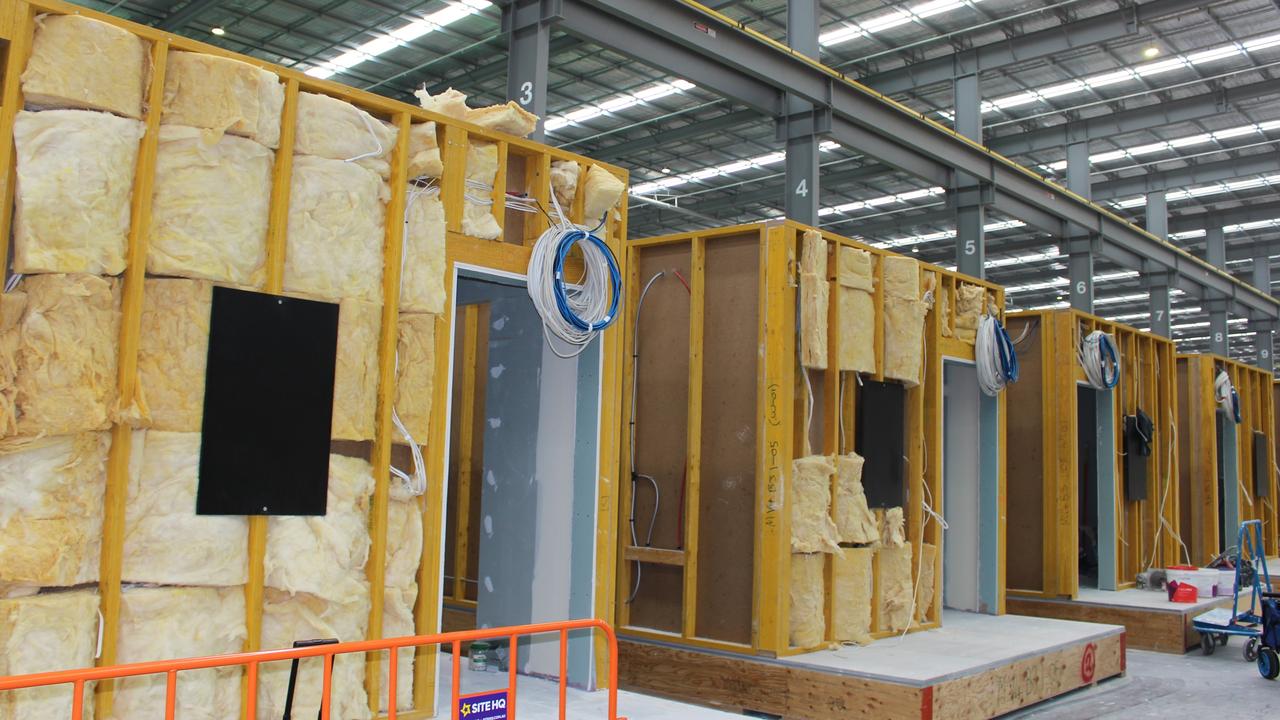
However, the CBA’s lending support for prefabricated builds will not commence until later in February or March, and they will only lend up to 60 per cent of the value of the build for customers who use prefabrication businesses that are not affiliated with the bank.
At present, most homeowners who choose prefabricated builds pay up to 90 per cent of the cost upfront themselves.
The CBA’s move will be a boost for the industry, according to prefabAUS founding director Damien Crough.
“Utilising prefabrication, a house constructed in a controlled factory environment is built in 10 to 12 weeks, compared to around 18-plus months through conventional building,” Mr Crough said.
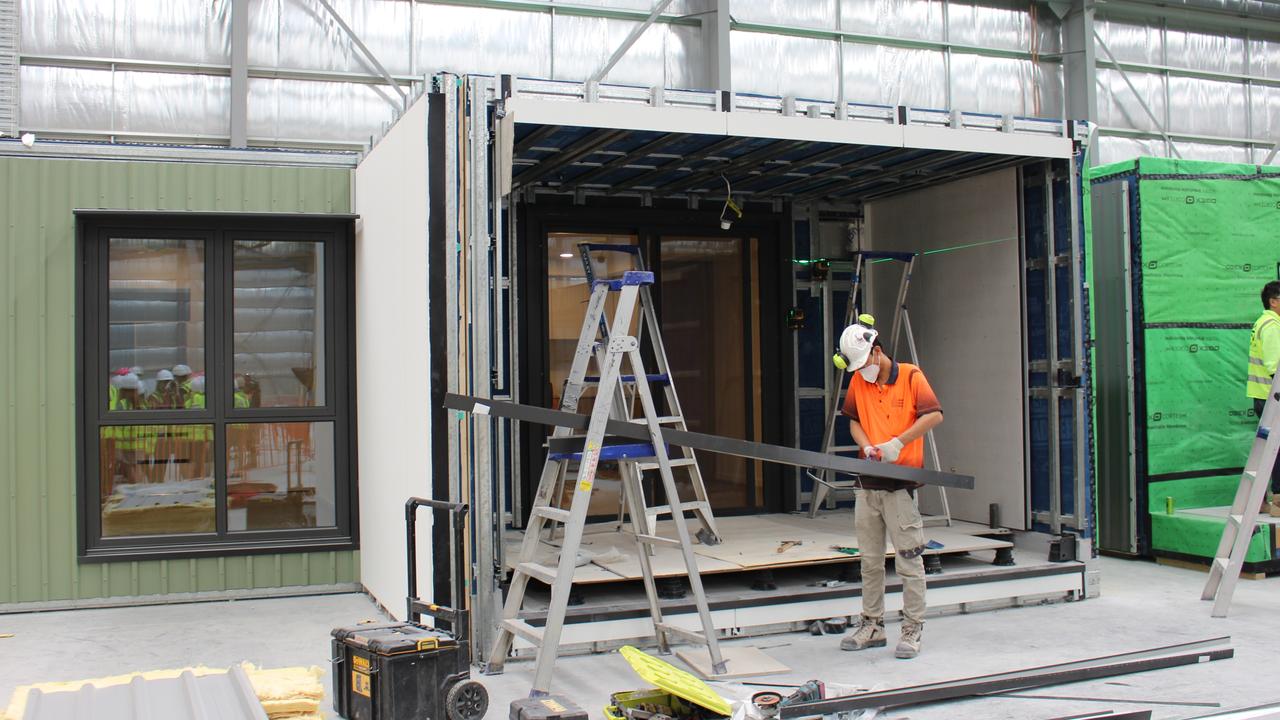
One of the firm’s on the CBAs approved list for 80 per cent lending, Modscape chief executive Jan Gyrn said they had installed a robotic line at their Essendon Fields factory to boost productivity with support from the CBA and were supplying builds around the nation.
“We’re able to complete eight modules a day, providing a great option for the rapid delivery of much needed homes for Australians,” Mr Gyrn said.
Sign up to the Herald Sun Weekly Real Estate Update. Click here to get the latest Victorian property market news delivered direct to your inbox.
MORE: 36 Australian no-go suburbs for property investors revealed | Hotspotting
Why over-55s are embracing land lease living for an affordable, eco-friendly retirement
Premiership-winning ex-Hawthorn Football Club player Brad Sewell and wife sell in Brighton
Originally published as Prefabricated housing: Nation’s biggest bank, CBA, to back factory-made houses

